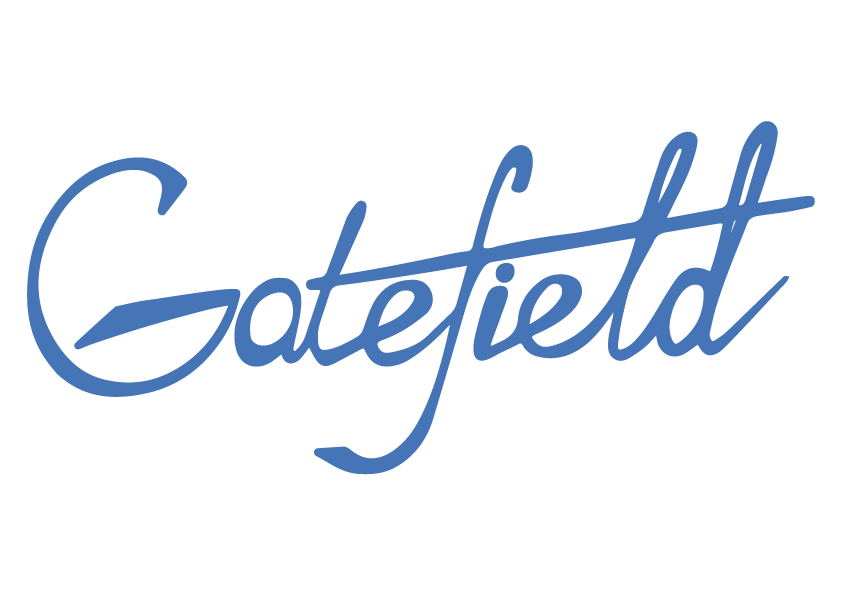Empowering African journalists to tackle COVID-19 infodemic
Context
Solution
Gatefield worked with the Global Health Advocacy Incubator and Africa CDC to develop a journalism webinar for English speaking journalists in Africa. The webinar aimed to improve the way African journalists reported on public health and social measures (PHSM) around COVID-19. The webinar also unpacked some of the findings of the regional COVID-19 PSHM perception survey report. These findings were used to show journalists how to engage in informed reporting to address the challenges and opportunities for preventing the spread of COVID-19 across the continent. Gatefield developed a toolkit for journalists containing; the summary of the survey findings and tips for journalists, Africa CDC COVID-19 guidelines, and a list of resources for COVID-19 reporting. Leading up to the webinar, Gatefield reached out directly to over 1000 journalists and media organizations, engaging them even after the webinar had been concluded.
Outcomes
- 446 registrations for the event and 228 people in attendance, meaning there was a 51% attendance rate. Journalists from 20 countries were represented at the event. The countries represented include – Nigeria, Ghana, Kenya, Cameroon, South Sudan, South Africa, Rwanda, Senegal, Uganda, Liberia, Namibia, Zambia and Zimbabwe.
- According to the participant evaluation poll completed by over 130 participants, 97% of attendees found the event helpful.
- Earned over 30 news reports about the webinar and findings across the continent, including cover page and centre spread in two tier-one print media outlets. We also secured about 10 features (Op-eds, TV and Radio interviews) in South Africa, Kenya, Zambia, Zimbabwe, Namibia and Nigeria.
- Journalists have expressed significant interest in learning more about reporting around public health and continue to send enquiries related to reporting around COVID-19.



